My father is 54 years old, had kidney stones and had surgery to remove them 5 years ago. Recently, he has had the same symptoms as before the surgery.
Including back pain, difficulty urinating, burning pain, frequent urination, and occasional blood in the urine. I am worried whether my father's kidney stones have relapsed or are due to another disease, because I have always thought that kidney stones that have been surgically treated are completely cured. ( Hoang Mai, Long An )
Reply:
To know exactly what your father's condition is, you should arrange for him to see a doctor soon. Because the symptoms you mentioned are very likely to be a relapse of your father's old illness, it could also be a lower urinary tract disorder. Kidney stones are the deposition of minerals in the urine that form crystals such as calcium, salt, uric acid and oxalate. If there is not enough water to remove these minerals, over time they will concentrate and form kidney stones.
Kidney stones are a common urinary disease and are very easy to recur due to many different causes, including both subjective and objective factors. If the patient has had surgery to remove the stones once, but does not change their lifestyle in a positive direction or may be due to genetic factors or pathological factors, kidney stones can return.
Kidney stones can form and recur due to lifestyle and eating habits such as eating a lot of meat, especially red meat, animal protein - proteins containing a lot of purines. These substances, after being metabolized, will create waste called urea, excreted in the urine, when deposited in the kidneys, they will form stones. Animal fat increases uric acid levels while reducing the chemicals needed to prevent minerals from crystallizing. Eating a lot of salt but drinking little water (less than 2 liters of water per day) makes the body not have enough water to eliminate toxins and waste.
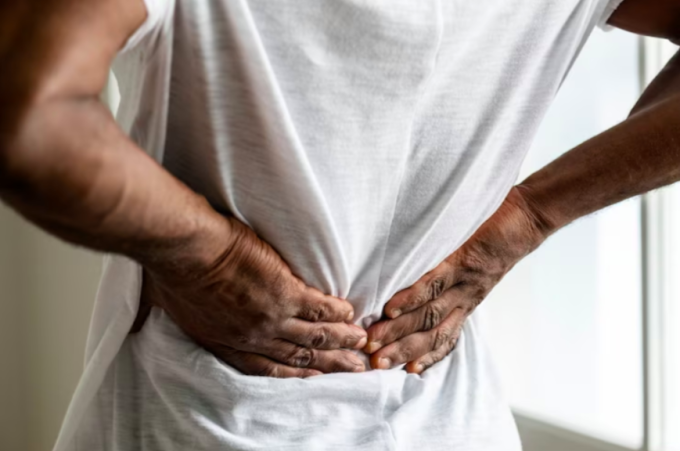
People who have had kidney stones may have a recurrence of the disease with symptoms such as back pain and difficulty urinating. Photo: Freepik
Kidney waste deposits can also form from unexpected habits such as skipping breakfast (due to bile being retained in the gallbladder for too long, forming kidney stones); sedentary habits cause poor metabolism, and toxins are not excreted through sweat regularly.
In addition, arbitrarily supplementing calcium without following the doctor's instructions is also the cause of kidney stones. When there is excess calcium in the body, it will be excreted, but if it is not completely excreted, it will be deposited in the kidneys, and over time, kidney stones will form.
In addition to subjective causes and lifestyle, kidney stones are formed due to objective factors such as poor absorption, difficulty in receiving minerals and will be excreted through urine. However, poor excretion will be the cause of kidney stones.
The process of stone formation can also be due to abnormalities in the ureter, due to inflammation, obstruction that easily causes ureteral infection, leading to inflammation and edema of the renal pelvis mucosa, easily leading to renal fibrosis and kidney stone formation. People with underlying diseases such as thyroid disease, obesity, diabetes... causing excess uric acid, calcium deposits in the kidney area increase the risk of kidney stones recurring.
Therefore, after kidney stone surgery, to prevent recurrence, in addition to building a scientific lifestyle, preventing the above risk factors, reduce sodium, drink plenty of water, eat lots of fruits and vegetables, prioritize protein from plant sources. Patients should practice the habit of exercising at least 30 minutes a day (5 times a week) and should have regular health check-ups every 3-6 months to help screen, detect and treat the disease early.
If kidney stones are detected early, when the stones are still small, you only need to adjust your lifestyle, have a balanced diet, drink enough water and exercise regularly so that the body can naturally eliminate the stones through the urinary tract without surgery. You should see a doctor soon to determine the disease and have the appropriate treatment method.
MD.CKI Chau Minh Duy
Center of Urology and Nephrology, Tam Anh General Hospital, Ho Chi Minh City
Source link


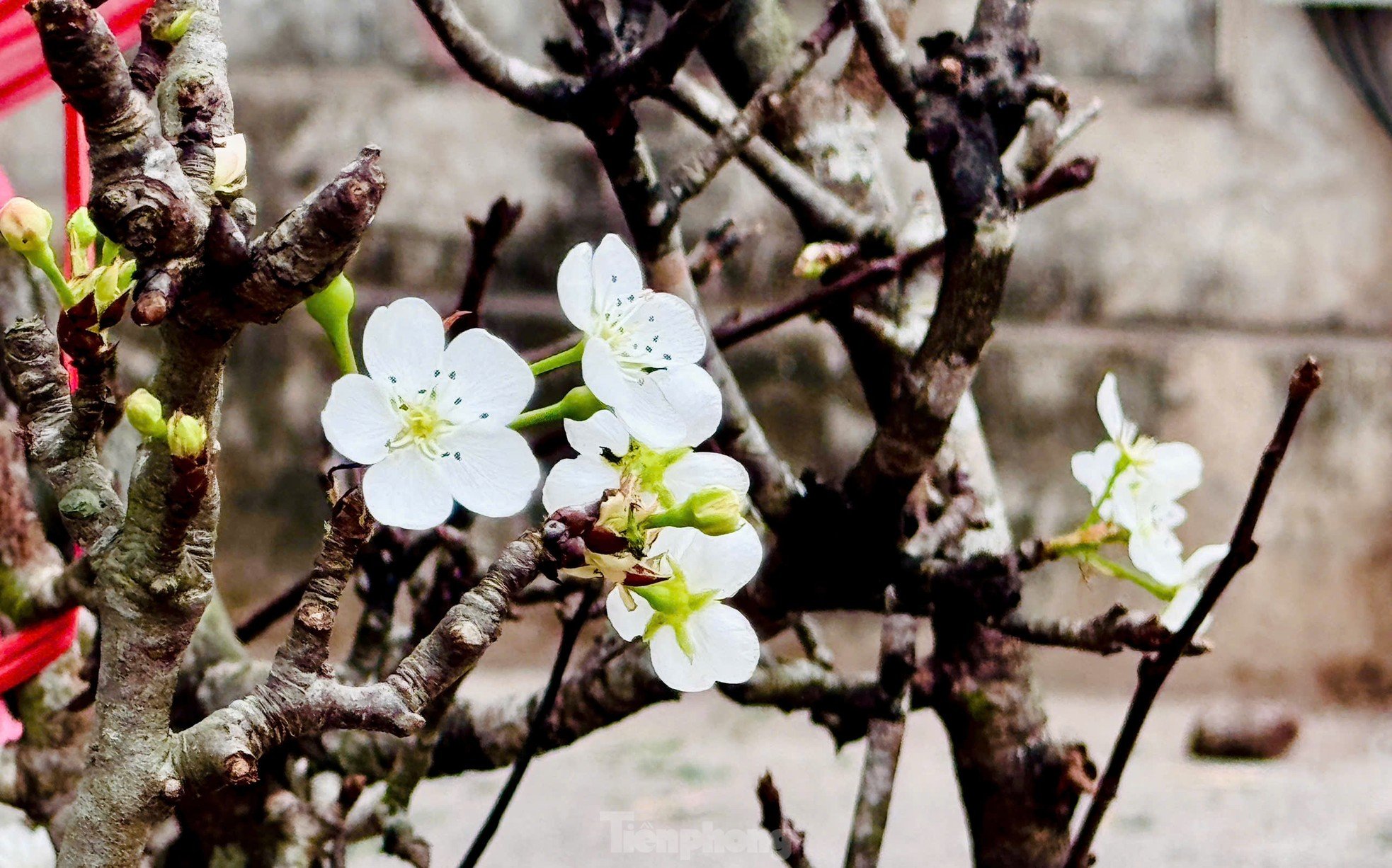



























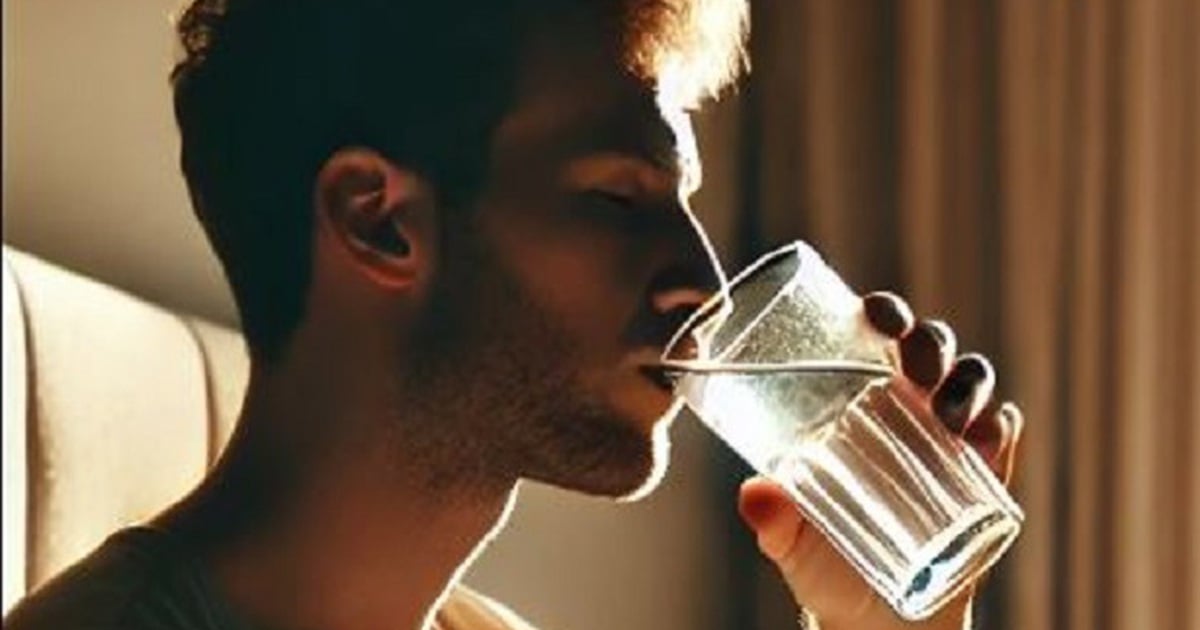




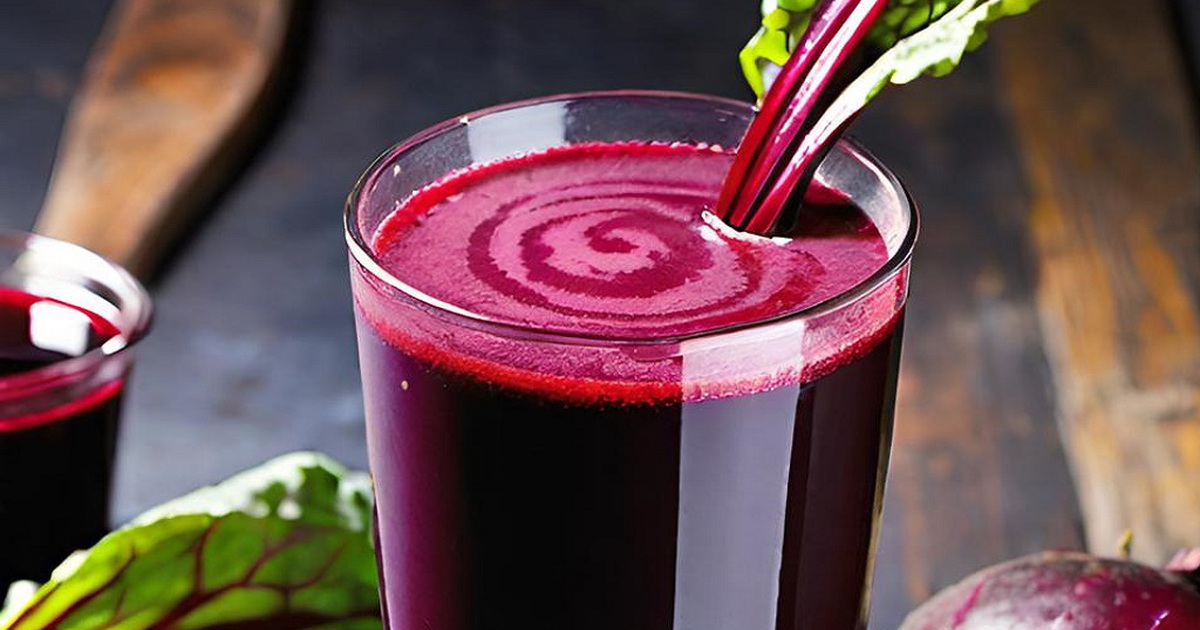
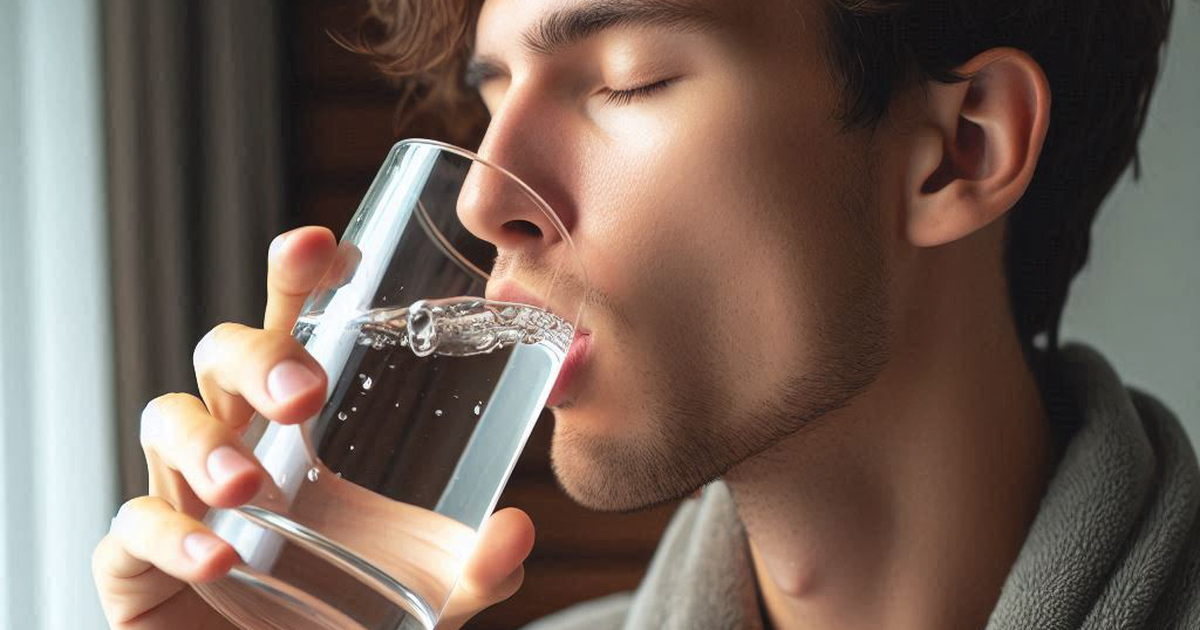
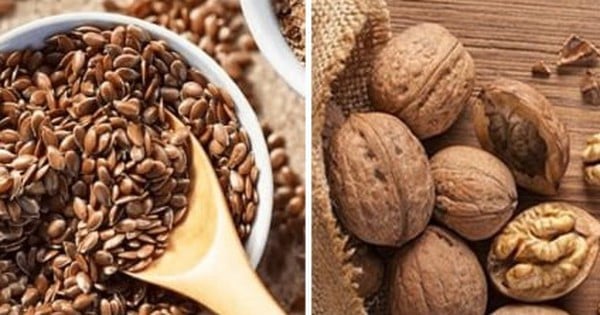

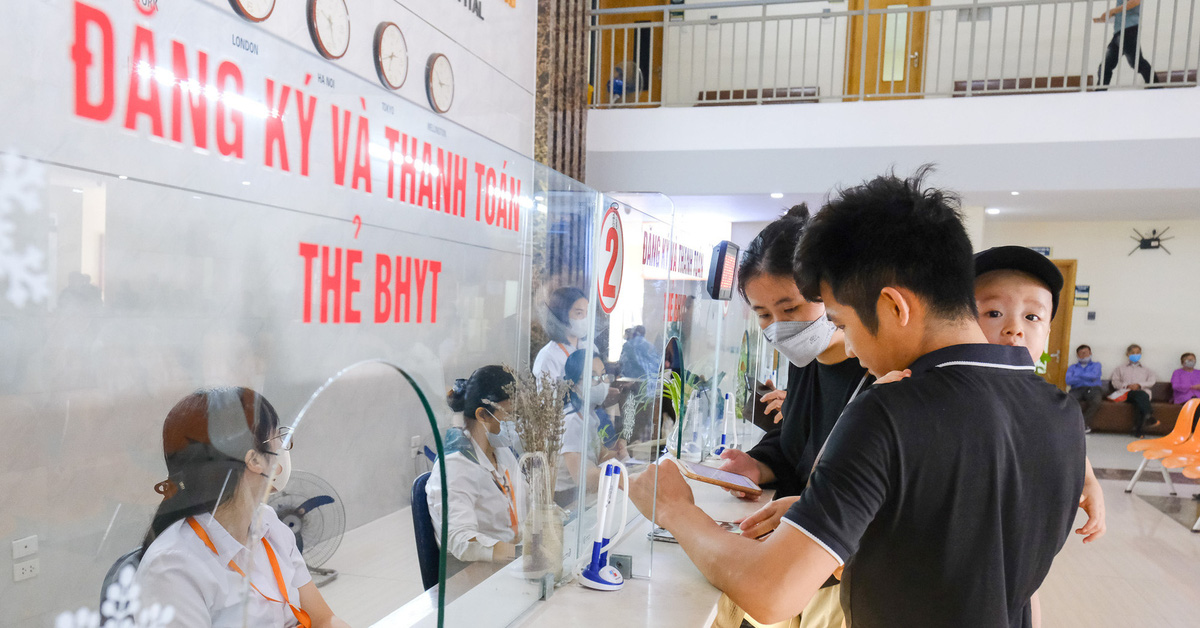

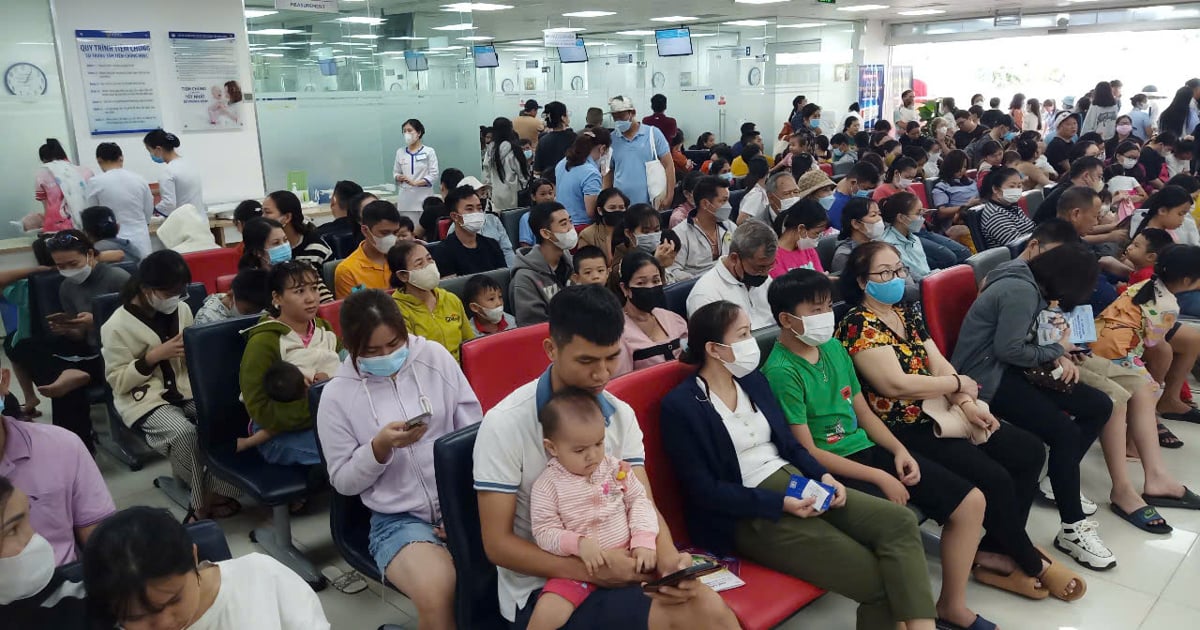























Comment (0)